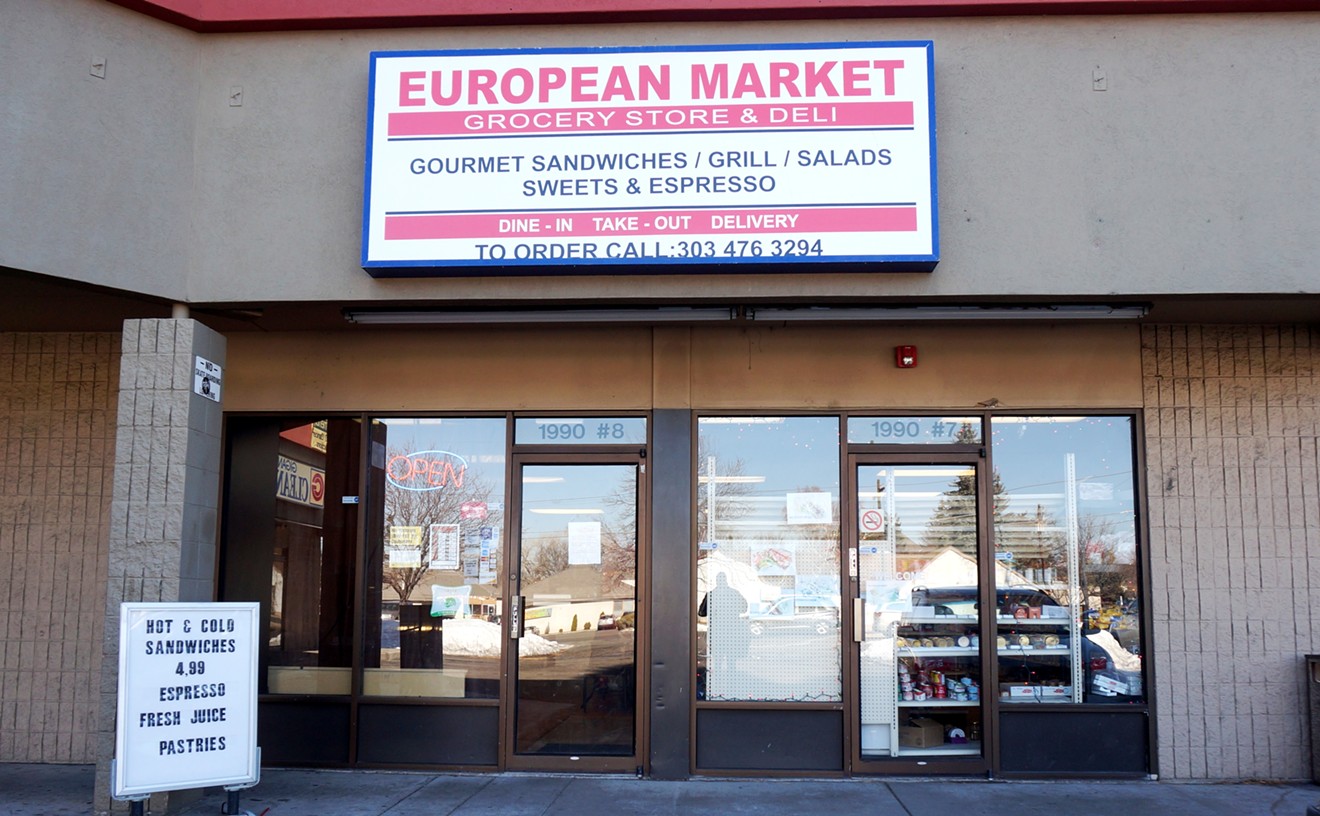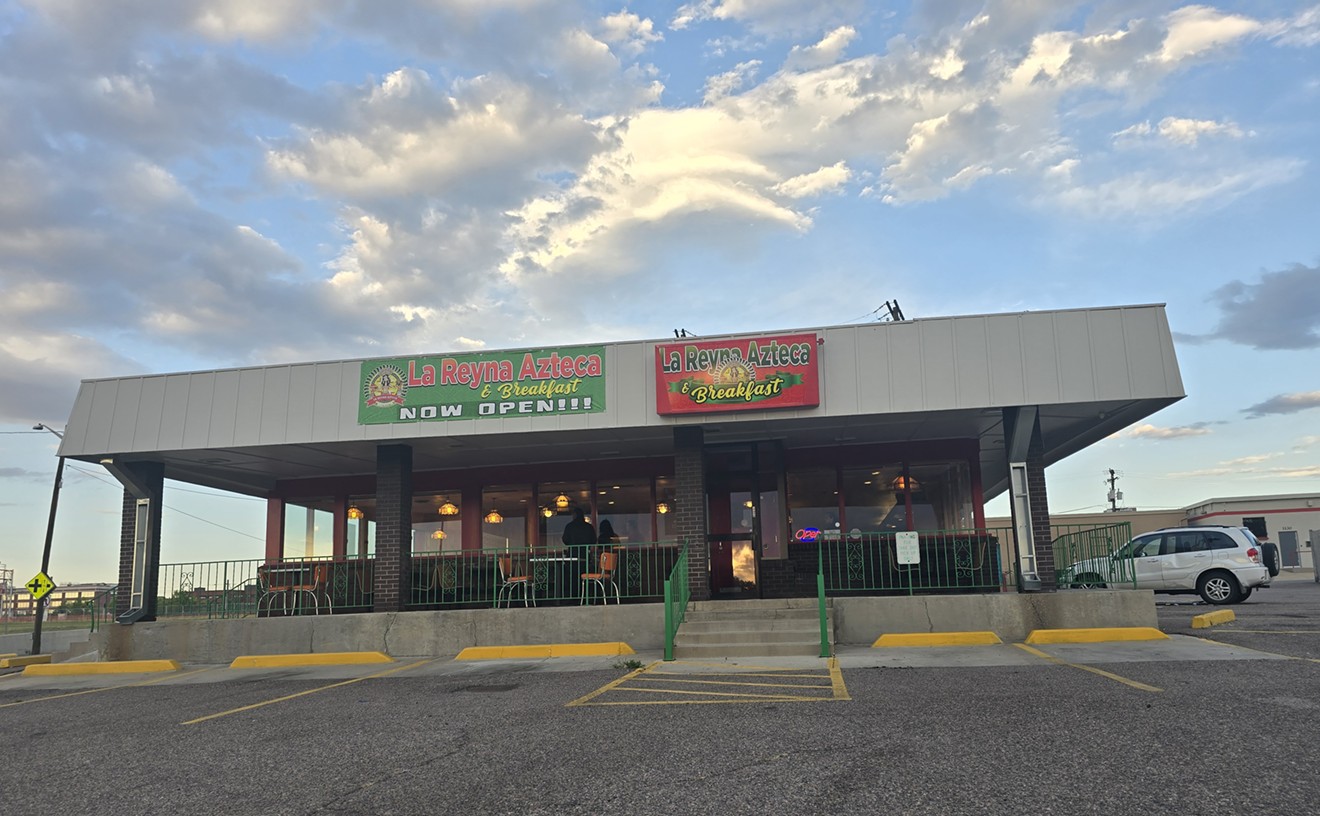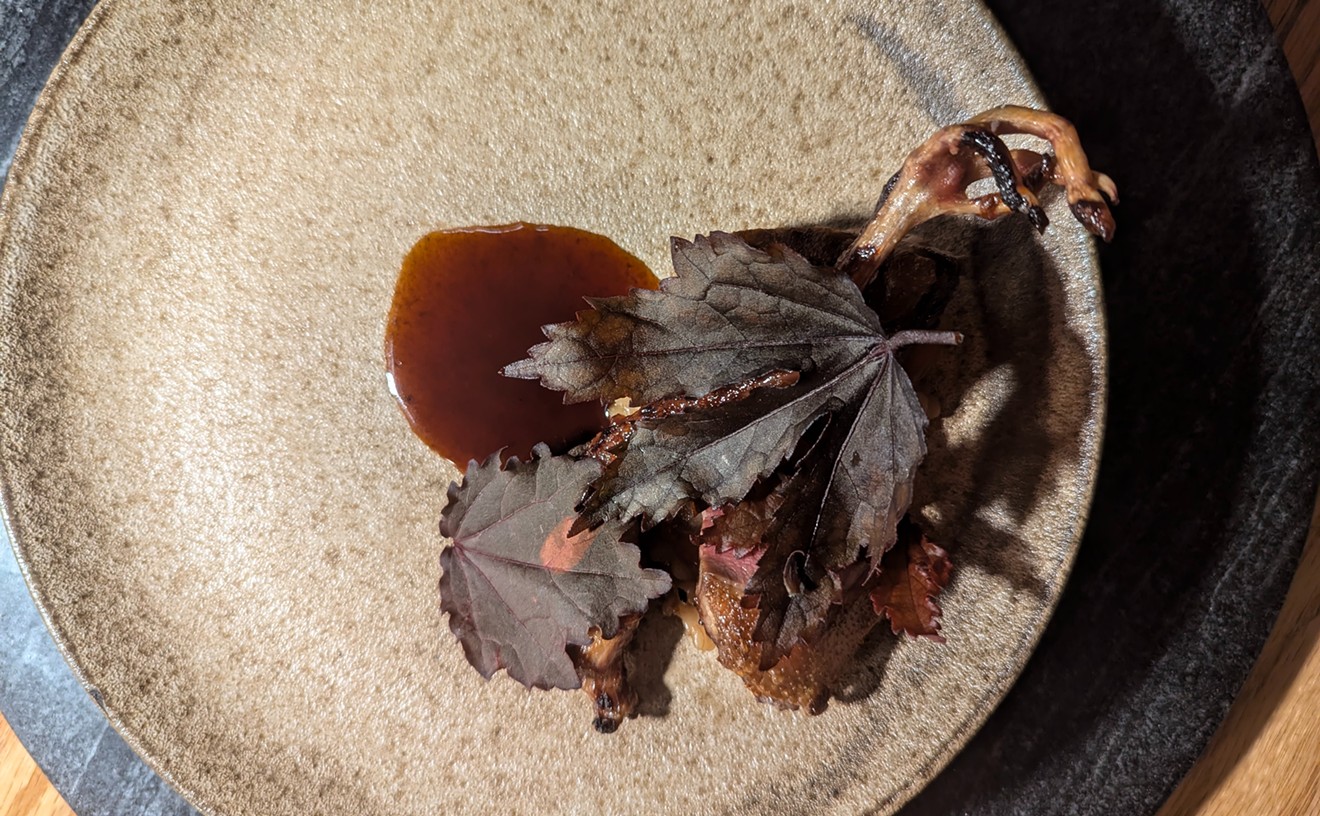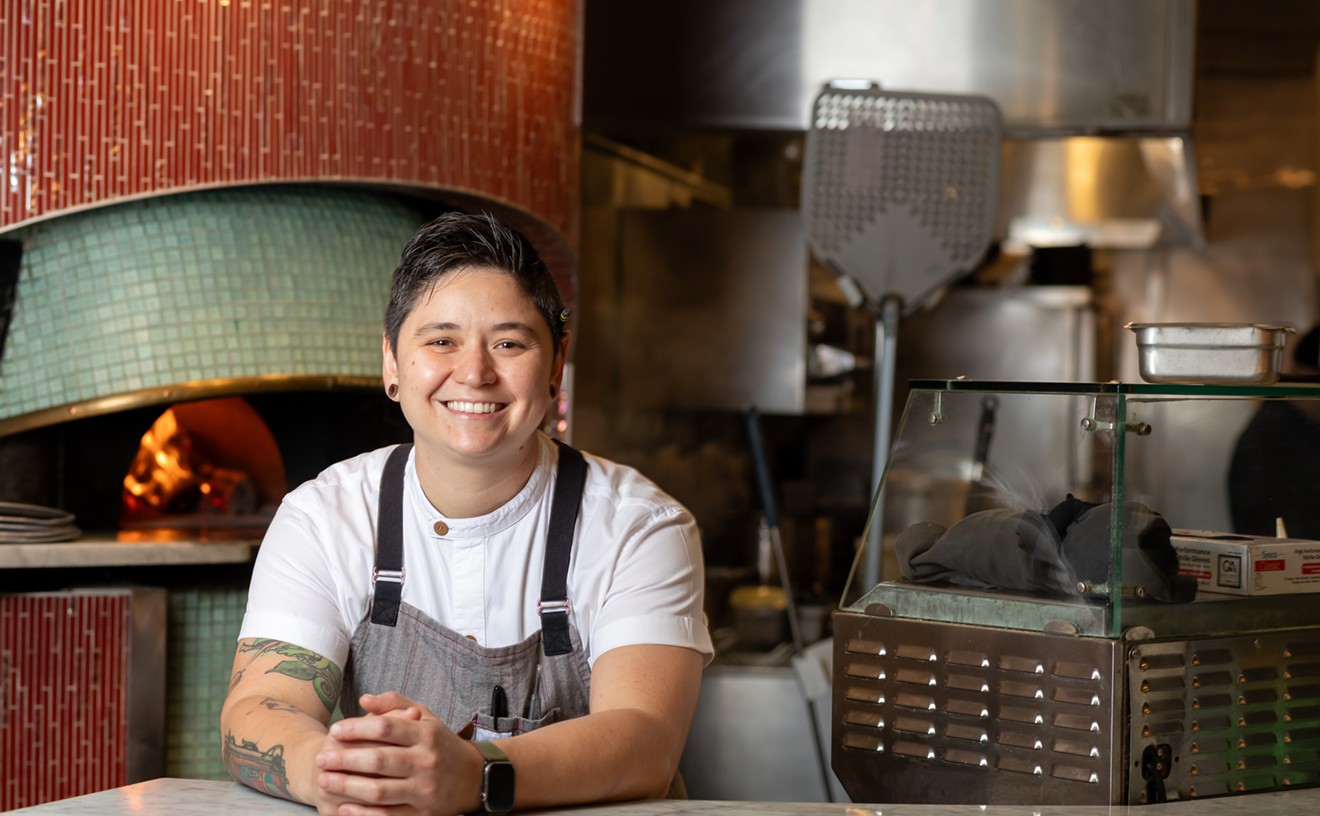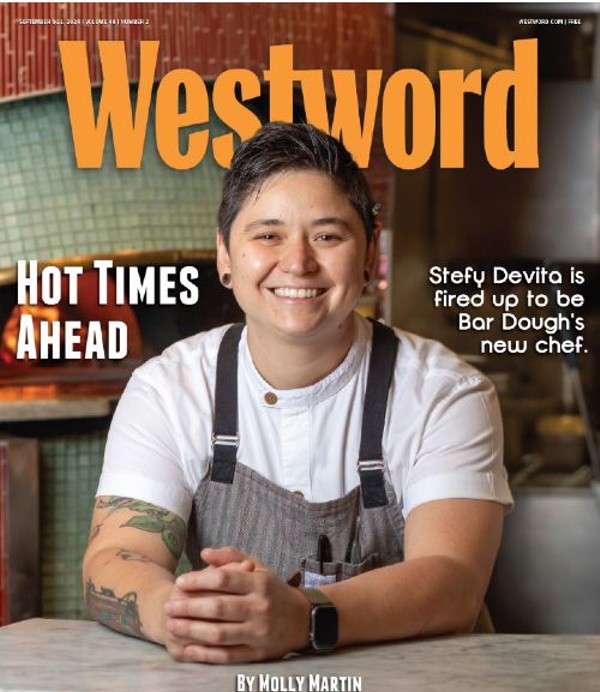Twisted Pine’s beers have been a fixture on Colorado liquor-store shelves for years, but the Boulder brewery, founded in 1995, has had enough: The company has made the interesting choice to stop packaging and distributing so that it can focus on customers in its tap room and restaurant.
That decision is telling in an industry that is getting more crowded every day, and could be indicative of a future trend, especially in Colorado, where it is already difficult to find shelf space because of competition, and where that space is likely to decrease if grocery stores are allowed to begin selling full-strength beer.
“Competition is a huge part of it. There are a million breweries out there now,” says Bob Baile, who has been running Twisted Pine since 1996, when he bought it from founder Gordon Knight. At that time, there were 1,150 craft breweries in the country. There are now more than 4,300.
“But it is also a direction that we have been going in for a long time,” he continues. “ We have always grown organically and focused more on our customers in the ale house. The wholesaling end took up a lot of time and capital, and the return wasn’t as good as at the retail end. So we decided to sink that money into serving the customers who come to visit us. We enjoy having people come in the front door.”
At its height, Twisted Pine distributed beer in thirteen states. That has shrunk to only four states as of this year, and distribution to those states will cease by the end of June. “I’d rather spend money getting to know someone local than trying to get someone to buy a six-pack in Omaha or Florida,” Baile says.
It’s not unusual for new breweries these days to make a business choice between operating as a neighborhood or regional watering hole — content to make money selling pints over the counter — or to go big by trying to package beers and sell them to liquor stores and restaurants. But it is surprising for a brewery as well-established as Twisted Pine, especially one that has been packaging for so long.
“It’s a different business model, but it’s one that works,” he adds, pointing out that breweries like Mountain Sun, Cannonball Creek and others do just fine without packaging beer.
"I think what Twisted Pine is doing is really smart,” says Steve Kurowski, spokesman for the Colorado Brewers Guild, which represents many of the state’s craft breweries. “They took a hard look at their business, found the place where they were the most profitable, and they're going to focus on that. For a twenty-year-old brewery to do this was probably difficult going forward.”
Kurowski says shelf space is indeed getting crowded — not just in Colorado, but in other states, too. But he also believes that stores will add more beers in the future rather than take them away, and that it’s hard to know whether Twisted Pine’s decision will be part of a trend for breweries that bottle and can.
“Breweries need to have hard conversations with themselves so that they can be what they are rather than what they think they should be,” Kurowski adds. “Twisted Pine has figured out who they are and embraced that rather than tried to force something. Other breweries should do that as well.”
Over the years, Twisted Pine has tried it all, from twelve- and sixteen-ounce cans, twelve- and 22-ounce bottles, 750-milliliter bottles, singles, four-packs and six-packs. The most recent packaging change took place in 2014, when the brewery completely redesigned all of its logos, updated its packaged lineup and substituted new beers for some old ones that were no longer selling well.
But the brewery has also expanded its Ale House, adding onto the restaurant in 2010 and doubling the size of its tap room in 2014. Restaurant sales have grown by double digits since then and now account for 45 percent of sales, Baile says; the menu there is focused on pizza, mac and cheese and other bar-style food. The brewery has also begun hosting more events to bring people in.
With the change, Twisted Pine will cut its production by half, from about 6,000 barrels of beer per year to about 3,000. Baile says the brewery will also look at downsizing its equipment. But the choices in the tap room, which has 25 taps, will increase. That’s because the brewers — and the rest of the staff — are now free to experiment rather than being tied mainly to the production of a few packaged offerings. “They can do anything they want,” he explains. “It’s always fun to have something different on tap.”
Twisted Pine will continue to make its staples, or versions of them, like Billy’s Chilies, Hop Zealot, Big Shot Espresso Stout, Raspberry Rising and a saison. They just won’t be sold in bottles.

Audio By Carbonatix
[
{
"name": "Air - MediumRectangle - Inline Content - Mobile Display Size",
"component": "12017618",
"insertPoint": "2",
"requiredCountToDisplay": "2",
"watchElement": ".fdn-content-body",
"astAdList": [
{
"adType": "rectangle",
"displayTargets": "mobile"
}
]
},{
"name": "Editor Picks",
"component": "17242653",
"insertPoint": "4",
"requiredCountToDisplay": "1",
"watchElement": ".fdn-content-body",
"astAdList": [
{
"adType": "rectangle",
"displayTargets": "desktop|tablet"
},{
"adType": "rectangle",
"displayTargets": "desktop|tablet|mobile"
}
]
},{
"name": "Inline Links",
"component": "18838239",
"insertPoint": "8th",
"startingPoint": 8,
"requiredCountToDisplay": "7",
"maxInsertions": 25
},{
"name": "Air - MediumRectangle - Combo - Inline Content",
"component": "17261320",
"insertPoint": "8th",
"startingPoint": 8,
"requiredCountToDisplay": "7",
"maxInsertions": 25,
"watchElement": ".fdn-content-body",
"astAdList": [
{
"adType": "rectangle",
"displayTargets": "desktop|tablet"
},{
"adType": "rectangle",
"displayTargets": "desktop|tablet|mobile"
}
]
},{
"name": "Inline Links",
"component": "18838239",
"insertPoint": "8th",
"startingPoint": 12,
"requiredCountToDisplay": "11",
"maxInsertions": 25
},{
"name": "Air - Leaderboard Tower - Combo - Inline Content",
"component": "17261321",
"insertPoint": "8th",
"startingPoint": 12,
"requiredCountToDisplay": "11",
"maxInsertions": 25,
"watchElement": ".fdn-content-body",
"astAdList": [
{
"adType": "leaderboardInlineContent",
"displayTargets": "desktop|tablet"
},{
"adType": "tower",
"displayTargets": "mobile"
}
]
}
]





